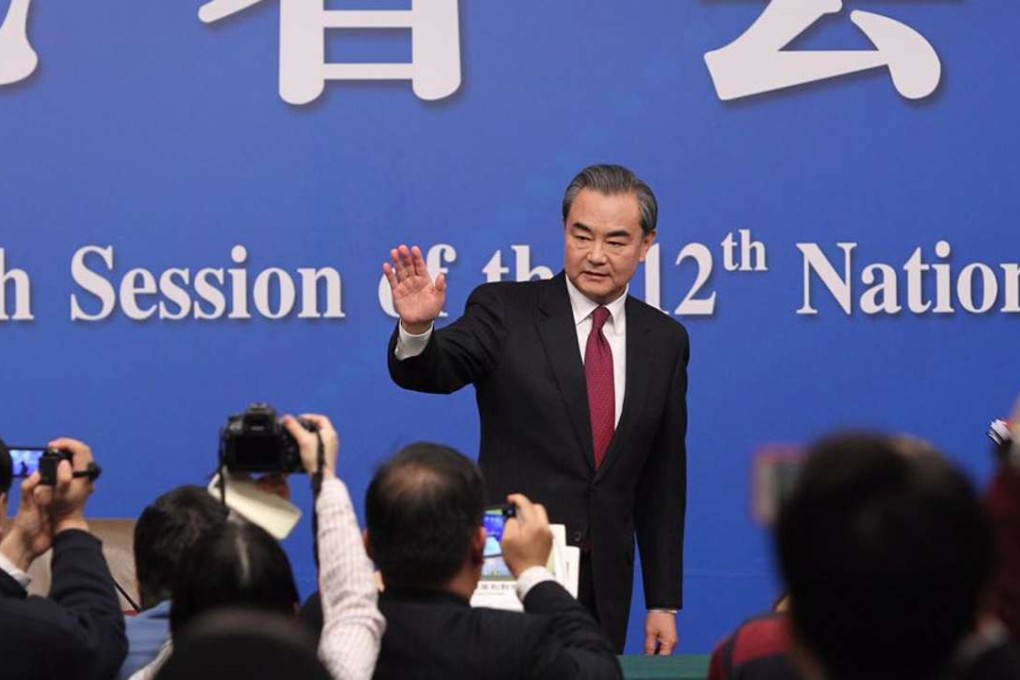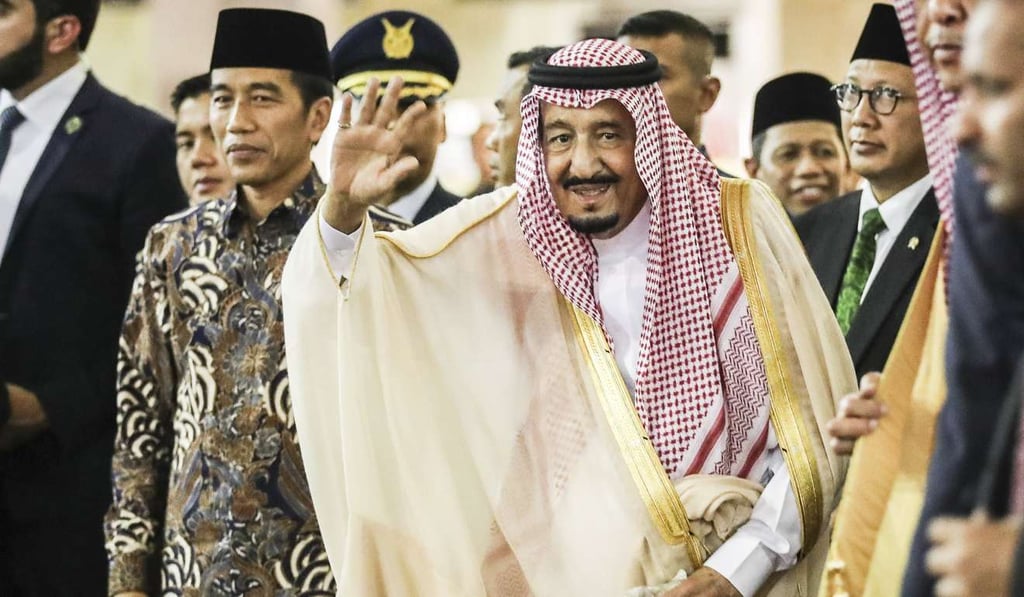Will Xi Jinping visit US this year? There’ll be good news, replies China’s foreign minister
At his annual press conference, Wang Yi says a Xi-Trump meeting is in the works, blames US and Seoul over tensions in the Korean Peninsula and praises Philippines’ Duterte for defusing South China Sea dispute

Welcome to the South China Morning Post’s coverage of Chinese Foreign Minister Wang Yi’s annual press conference on Wednesday on the sidelines of the country’s annual plenary meetings.
During the press conference in Beijing that began in the morning, Wang spoke on a wide range of issues including Sino-US relations, the situation in the Korean Peninsula, the long-standing South China Sea dispute and the Middle East peace process.
Read on to see the highlights of Wang’s comments as they flowed in. And thanks to all who tuned in for our live updates, which has now wrapped up.
1pm
Asked at the close of his press conference whether President Xi Jinping would visit the United States this year, Wang replied: “There will be good news this year.”

12.20pm